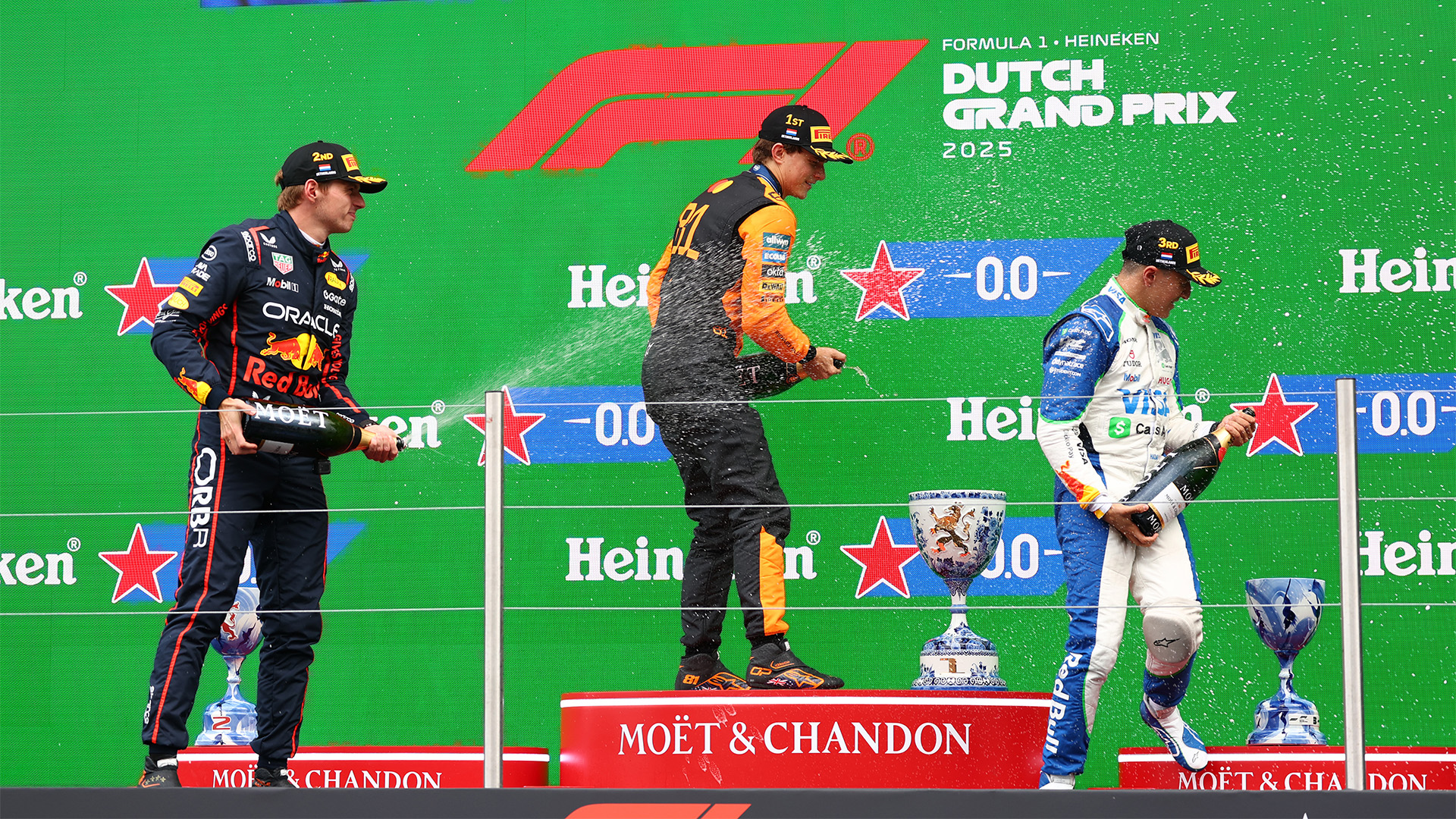El Grupo de Estrategia de la Fórmula 1 se ha reunido en Biggin Hill y han decidido varios cambios para ‘revolucionar’ la competición a partir de 2017. Entre esas decisiones, está la de aumentar la velocidad de los monoplazas en base a la reducción de su peso y a neumáticos más anchos, y la reintroducción del reabastecimiento de combustible en boxes, los cuales se habían prohibido a partir de 2010 para reducir personal y costes.
Bernie Ecclestone (FOM), Jean Todt, presidente de la FIA y los jefes de equipo de Ferrari, Mercedes, McLaren, Red Bull, Williams y Force India, reunidos día y medio en Inglaterra, acordaron esta serie de cambios que se verán reflejados principalmente para 2017, para intentar que las carreras sean más emocionantes.
Todo esto se dió a conocer a través de un comunicado de la FIA (Federación Internacional del Automovilismo) en donde anunció que entre sus decisiones está la de rechazar el permiso para usar hasta cinco motores esta misma temporada; mientras que con miras a la próxima ha propuesto la libre elección de neumáticos por los equipos y con vista a 2017 monoplazas más rápidos, ligeros y agresivos.
En el comunicado, se dice que los coches serán de cinco a seis segundos por vuelta, gracias a los neumáticos más anchos y a la reducción del peso de los monoplazas. Además, se reintroduciría el repostaje en boxes, aunque se mantendría el máximo de combustible permitido por carrera. El motor sería más ruidoso, y los coches tendrían una apariencia más agresiva.
Como ya se mencionó, otras medidas para promover el espectáculo son que a partir de 2016 tendrán la posibilidad de elegir libremente los juegos de neumáticos slicks. Hoy en día Pirelli decide qué par de juegos han de utilizar y desde la próxima campaña los equipos eligirán dos de los cuatro que pondrán a su disposición en cada Gran Premio.










